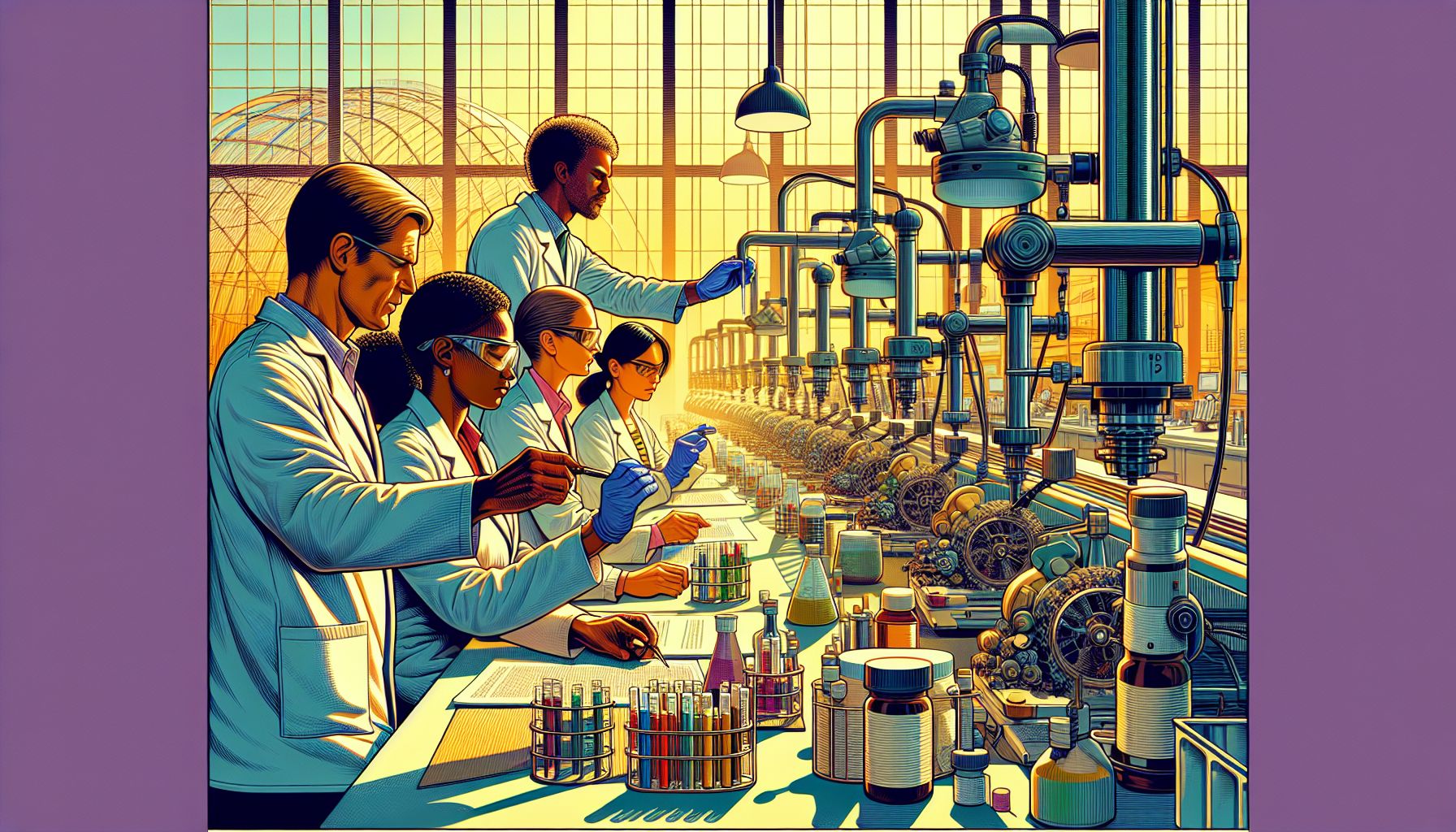Radboud University Study Questions Sustainability of 'Green' Plastics

Researchers at Radboud University reveal that sustainable plastics may not effectively combat plastic pollution, citing broader environmental impacts and challenges in transitioning to biomass-based alternatives.
Understanding the Complexity of Sustainable Plastics
Sara Gonella and Vincent de Gooyert from Radboud University lead the study, emphasizing that the term ‘sustainable plastic’ can be misleading. Gonella explains, ‘The end product may be more sustainable in some aspects, but there can still be many negative effects and unintended consequences.’ This highlights the complexity of transitioning from traditional oil-based plastics to so-called sustainable alternatives.
Energy-Intensive Biomass and Agricultural Impact
De Gooyert points out that biomass-based plastics, while a promising alternative, come with their own set of challenges. ‘The use of biomass is still highly energy-intensive and can lead to excessive use of agricultural land in low-income countries,’ he warns, ‘This can negatively affect food production and quality.’ Such insights underscore the need for a holistic approach when considering the broader impacts of sustainable materials.
Risk of Misuse and Misleading Perceptions
One of the main concerns raised by the researchers is the potential increase in plastic misuse if consumers believe that biodegradable or bio-based plastics are environmentally friendly enough to dispose of carelessly. ‘Without a clear, comprehensive definition of sustainable plastic, the UN could fall into the same trap as others,’ Gonella cautions. This ambiguity could lead to errors in waste separation, further complicating global efforts to mitigate plastic pollution.
Global Efforts and the Need for Clear Definitions
As the United Nations drafts a treaty on plastic pollution, the need for a precise definition of sustainable plastic becomes critical. Gonella’s research suggests that without this clarity, efforts to combat plastic pollution may be hindered. The study calls for improved communication transparency between plastics stakeholders and a more integrated value chain to effectively implement a sustainability transition in the plastics system.
Calls for a Harmonized Approach
The broader takeaway from Radboud University’s research is the necessity for a harmonized approach to sustainable plastics. This involves not only defining what constitutes sustainable plastic but also ensuring that the entire lifecycle of the material—from production to disposal—is considered. Henk Alssema, President of BIR’s Plastics Division, echoes this sentiment, emphasizing the importance of design for recycling to transition towards a more sustainable plastics system.
Innovative Solutions and Ongoing Research
Despite the challenges, innovative solutions are emerging. For instance, Boston College researchers have developed a method using light to convert lignin, an abundant biomass component, into sustainable plastics. This approach, highlighted by co-authors Jia Niu and Dunwei Wang, represents a significant advancement towards a circular plastic economy, where materials can be chemically broken down and reformed, minimizing waste and environmental impact.
Conclusion: The Path Forward
Radboud University’s research underscores the complexity and interconnectedness of developing truly sustainable plastics. As the global community works towards mitigating plastic pollution, the emphasis must be on comprehensive, clear definitions and integrated solutions that address the full lifecycle of plastic products. The journey towards sustainable plastics is fraught with challenges, but through collaborative efforts and innovative research, a more sustainable future is within reach.

